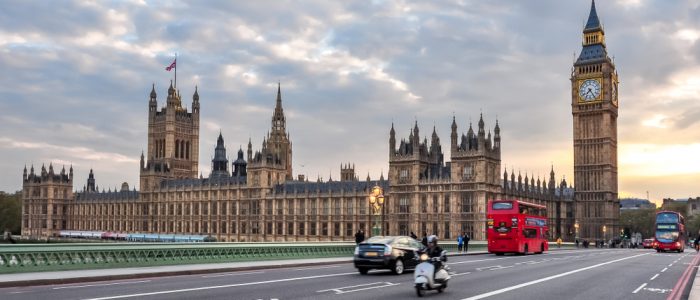When Sajid Javid announced he would rather resign as chancellor than surrender the level of independence Prime Minister Boris Johnson demanded in mid-February, questions were naturally raised as to what this meant for the March 11 Budget.
These questions included whether the Budget would even go ahead at the proposed date, and how much influence the new chancellor would have – given the short turnaround until the Budget date and the nature of Javid’s departure.
When Johnson announced (around half an hour later) Javid’s replacement would be Rishi Sunak, a successful former banker and relative newcomer to Westminster, another question was added: what are his views?
At least one of these questions has since been answered. On 18 February, Sunak confirmed he still intended to present the Budget on 11 March.
What can we expect?
Reports have begun to emerge that one of Sunak’s plans is to slash pension benefits for high earners, something Javid was also tipped to be considering.
Under the current system, pension reliefs are pegged at the level of income tax, up to a point. Those paying 20% income tax will have a 20% pension relief, and those earning 40% will earn a 40% relief, for example.
The rumoured move would see pension relief capped at 20% for everyone – reportedly bringing in an extra £10 billion a year for the government.
While the move might prove unpopular with some of the traditional Conservative voting base, it might prove beneficial for longer term alternative investments.
With the pension relief halved, the generous tax advantages found in higher risk alternative investment options – such as the up front 30% income tax relief present in the Enterprise Investment Scheme (EIS) and Venture Capital Trusts – would be even more attractive to high earners whose pension investments may no longer be providing the level of tax relief they have been used to .
Pushing increasing investment into schemes and trusts designed to support small British businesses would also support the government’s post-Brexit need for additional SME support.
The move might also make radical changes to inheritance tax (IHT) less likely. It was Javid who famously declared he was considering scrapping IHT in an almost off-the-cuff remark at the Conservative Party Conference in 2019.
Despite this, IHT was absent from the Tory party manifesto in the election that followed.
That was not enough to end the calls for reform. Earlier this year, an All Parliamentary Party Group report called for IHT and its relief to be scrapped in favour of a lifetime allowance system, although this does not represent the known view of the Government.
Pensions are normally exempt from IHT, so anything that discourages saving into pensions might also increase the interest in business relief (BR), which is lower risk than EIS or VCT and offers 100% IHT exemption. Similar to EIS and VCT, BR could provide a sensible alternative to those who may find pensions no longer present quite such an appealing prospect, if the rumoured pension relief cut goes through.
Javid was known to be struggling on the competing fronts of maintaining fiscal responsibility with funding the large commitments Johnson and his chief adviser Dominic Cummings were pushing for.
So far the opposition has sought to portray Sunak as little more than a ‘stooge’ for Johnson and Cummings. If that’s the case, we can expect to see the fiscal rules loosened, and the spending taps on come 11 March.
